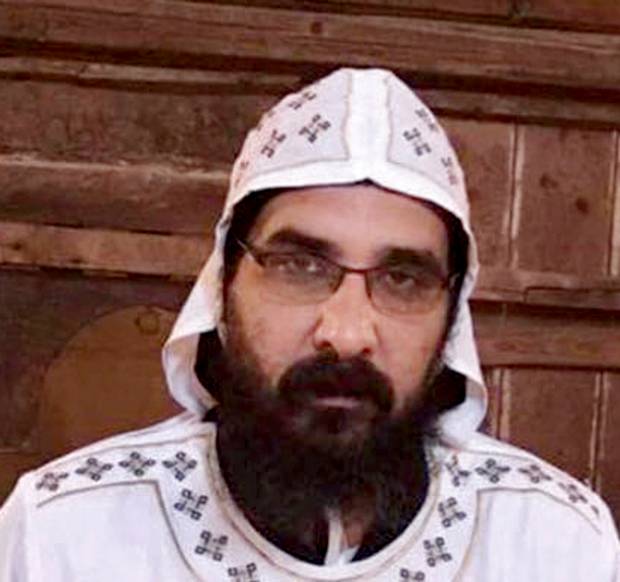By Chris Williamson-
An autopsy on a Coptic Orthodox monk who had until recently belonged to a monastery northwest of Cairo where the abbot was killed showed clear signs of poisoning, Egyptian security and medical officials said on Thursday.
Egyptian officials said questioning of witnesses and monks following his death showed that Zeinoun might have been an accomplice in the killing, but have not explained why he has not been arrested monks . It is
One of the two monks charged with the killing has been defrocked, that is, they have been stripped of their previous status .One of the defendants, Faltaous, did not attend Thursday’s court session because of the serious injuries he sustained from jumping off a four-story building inside the monastery in an apparent suicide attempt shortly after the abbot’s killing, according to his lawyer, Michel Halim.
The officials said the post-mortem examination showed signs of an agricultural insecticide commonly used in southern Egypt, where al-Muharraq monastery is located.
The insecticide is sold in tablets, which are diluted in water before it is manually sprayed on crops.
Zeinoun was dying when monks went to his cell early on Wednesday to fetch him for the traditional pre-dawn prayers.
He was rushed to hospital but died before he arrived there, they said.
Zeinoun is believed to have been in his early forties, according to the officials.
Epiphanius’s killing has shaken Egypt’s Coptic Orthodox Church, one of the oldest in the world and the one that gave monasticism to the faith.
The church’s monastic desert traditions had largely vanished before being revived over the past century.
Its monks, mostly university graduates, are now the face of the church and that is why, together with the fact that the main suspects are monks, the killing took on added significance.
It also exposed a side of the church that few in Egypt – Muslim or Christian – knew existed, including the growing power and independence of monks in remote monasteries who appear to be at odds with Tawadros II, the church’s spiritual leader, and the top clerical leadership.
Egypt’s Christians, about 10% of the country’s 100 million people, have long complained of discrimination, such as rigid regulations on building new churches or restoring existing ones.
They also complain they are denied some jobs, like in security and intelligence agencies, and that their homes and businesses are frequently targeted by Muslim mobs in rural regions.




